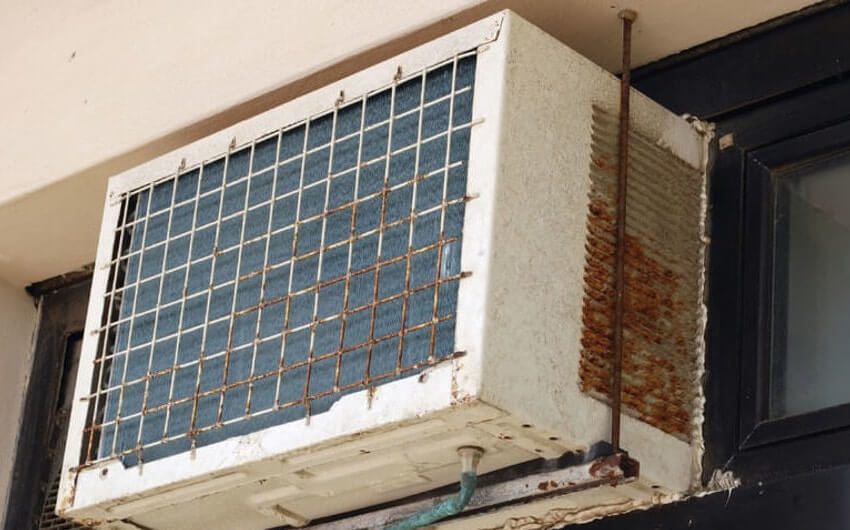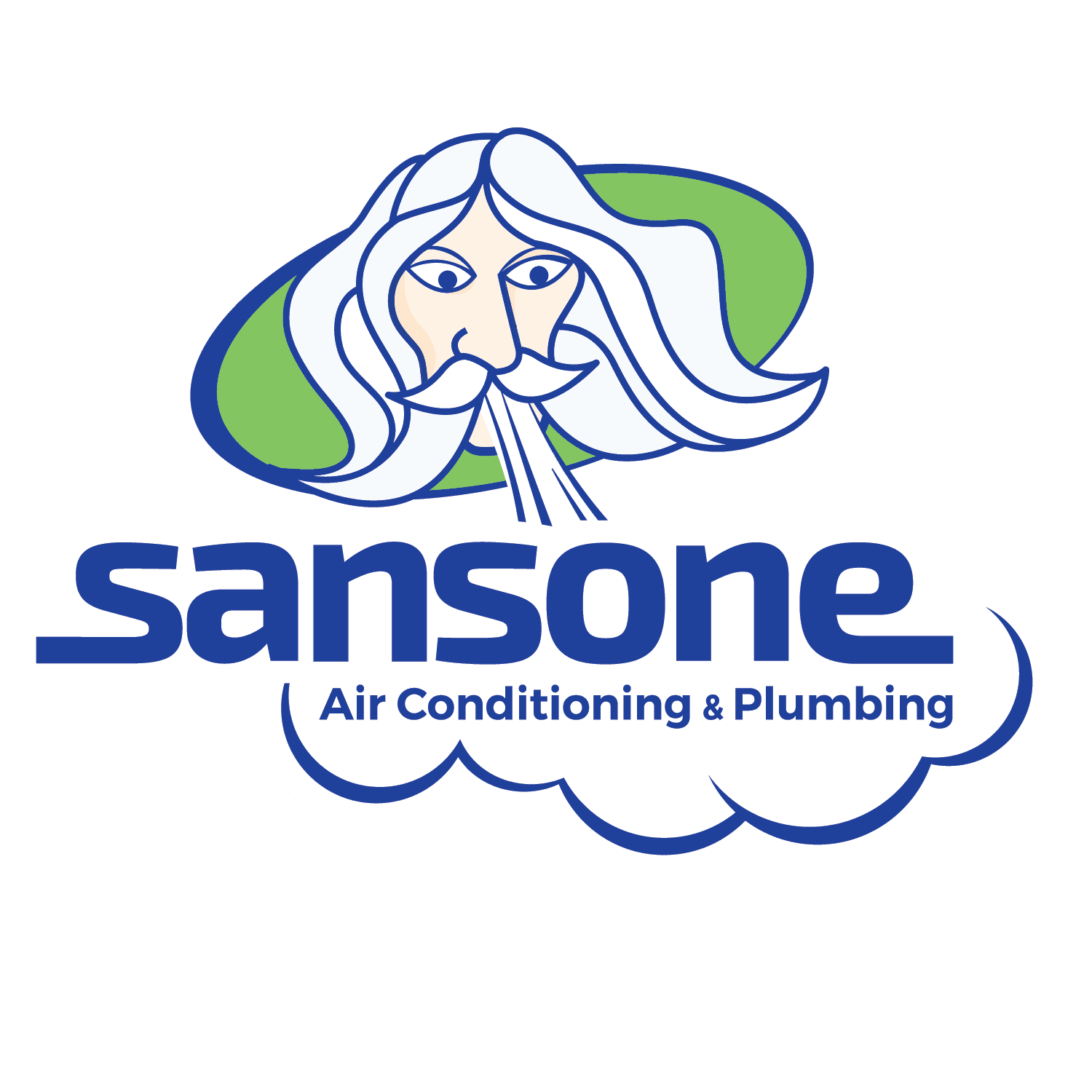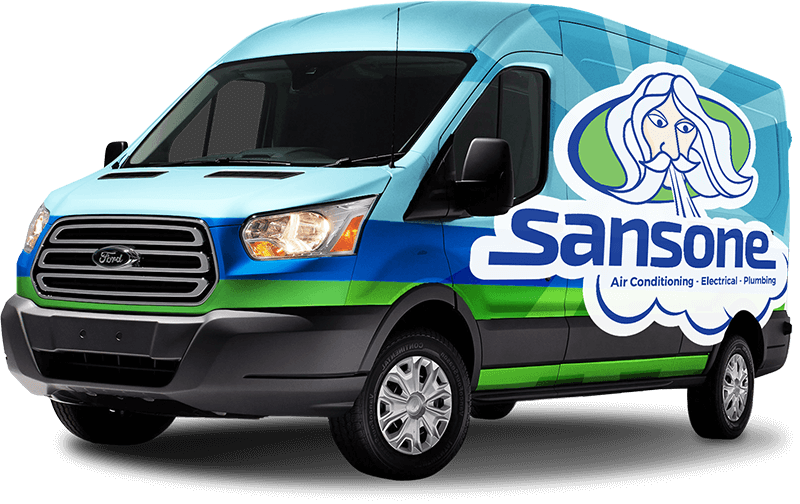
Living in South Florida, you’re well aware of how important it is to have a well-functioning air conditioning system. You also know just how expensive air conditioning systems can be, which is why so many homeowners put off investing in a new HVAC system until it is absolutely necessary. While sometimes all your system needs is a repair, it’s important to know when you are better off investing in a new AC. Find out the signs your air conditioner needs to be replaced.
11 Signs Your AC System Needs to be Replaced
Air conditioning systems are big investments, so it’s important to properly maintain your system and schedule service when necessary. However, if your system is experiencing the issues below, you should consider replacing your air conditioner.
1. You Constantly Have to Repair Your AC System
Does it feel like you’re calling a technician to fix your AC a little too often? While all major home investments need regular upkeep, your air conditioning system shouldn’t be in constant need of service. At some point, you will be better off investing in a new air conditioning system instead of shelling out money for repair services. A good rule of thumb? If service is going to cost you half the price of a new air conditioning system, skip the fix and find a reliable AC company to complete a new air conditioning system installation.
2. Your AC System Is More Than a Decade Old
Although air conditioning systems can last upwards of 15 to 20 years, this only holds true if the system has been properly maintained. In most situations, the average air conditioning system begins to show signs of significant wear and tear around the 10-year mark. While investing in a new air conditioning system may seem like a financial burden, if your system is in constant need of service and has hit the decade-old status, it’s time to consider upgrading. In the long run, purchasing a new air conditioning system will be a better investment for your home comfort and your wallet.
3. Your AC Doesn’t Cool Every Room in Your Home Evenly
Does one room in your home always feel hotter than the others? Colder? If so, it could be a sign that your current air conditioning system isn’t as efficient as it used to be. If your air conditioner is relatively new and you have inconsistent temperatures, the issue may be that you purchased an AC unit that’s too small for your home. Check the small print in your sales contract to see if you’re still able to exchange it. When choosing a new one, make sure it has enough BTUs (British Thermal Units) to cool your entire home. For each ton of heat that has to be removed from your home, the AC needs to have 12,000 BTUs. An HVAC technician can help you narrow down the perfect size for your household, taking into account square footage, ceiling height, and how many people live in your home.
4. Your Home Feels Humid
An air conditioner works by absorbing the warm air from your home, removing the moisture, cooling it, and sending the cold air through your home’s return vents. If your home feels humid, it’s possible airflow may be obstructed due to clogged air filters or a blocked condenser line. But if you’ve been providing regular maintenance to your AC system and your home feels humid, it may be time for a new one.
Related blog: 10 Tips for Removing Humidity From Your Home in Florida
5. Your AC Emits Strange Odors
When running, your air conditioner should never emit any questionable odors. If your AC smells moldy, musty, or like it’s burning at any time, call your local HVAC technician to talk about next steps. The problem may very well be dirty air filters, or mold growing in the drip pan or evaporator coils. This is why it’s essential to schedule AC maintenance checks twice a year. A technician could spot potential issues before they become costly fixes. Doing so will also ensure your air conditioner lasts as long as possible. Discuss any unusual smells with an HVAC technician and have them inspect your unit to help you determine whether you simply need new AC parts or to purchase a new system.
6. Loud Noise Inside AC unit
There are many reasons why an air conditioner may be loud. Among them, it may be that the inside of the unit is clogged with dust and debris, or your compressor is faulty, or the motor needs lubrication. For the most part, these are lack of maintenance issues that could be resolved by an HVAC technician. That said, the average lifespan of an air conditioner is about 20 years. If your unit is nearing that timeframe, or if you’ve barely provided it with maintenance checks, you may be better off purchasing a new one.
7. Electrical Problems Caused by Frayed Wiring
Over time, your air conditioning system is subject to general wear and tear. But when the wiring starts to be affected, it can turn into a potentially dangerous situation.
8. It’s Increasingly Difficult to Manage Dust in Your Home
An old air conditioning system can negatively affect those who suffer from allergies. Because older systems aren’t as efficient as newer ones, it is difficult for them to filter out things like dander, dirt, dust and the like. As a result, it will be difficult to manage the amount of dust in your home. You could mitigate this issue by installing HEPA air filters, since they trap the highest amount of dust particles and allergens.
9. Your Energy Bills Are Always High
More than half of the average homeowner’s energy bill goes to cooling costs — but this doesn’t mean you should be paying for an inefficient air conditioning system. If you’ve noticed your energy bills are consistently high, your air conditioning system could be the culprit.
One of the biggest flaws of old air conditioning systems is their inefficiency. After years of use, it’s no surprise that your AC just won’t run like it used to. Unfortunately, this can cause a dramatic increase in energy usage and, as a result, a higher utility bill. You can verify whether this is the case in your home by conducting a home energy audit or by hiring a professional to do it for you. This way you’ll be able to verify whether the inefficiency is due to air leaks around doors and windows, inadequate insulation, or if there’s an issue with your HVAC system. If the problem is caused by the air conditioner, look for new ones with the Energy Star logo, which means the AC system complies with Environmental Protection Energy recommendations.
10. Your Home Isn’t as Comfortable as You’d Like
Is your home as cool as it could be or are you settling with subpar comfort? Living in Florida, home comfort is vitally important. If your air conditioning system just isn’t cutting it, why not invest in you and your loved ones’ comfort?
11. It Still Requires R-22 Refrigerant
Air conditioners require a gas that’s designed to cool the air inside your home. This gas is called refrigerant. Air conditioners that were manufactured before January 1, 2010 use a refrigerant called R-22, which is also known as Freon. R-22 has ozone depleting agents, and it’s so dire for the environment that the Environmental Protection Agency amended the Clean Air Act to specify that newer air conditioners use a more environmentally friendly and energy efficient refrigerant. If you’re not sure what type of refrigerant your AC requires, you can verify by checking the nameplate.
How often should you replace your HVAC system?
The Department of Energy recommends your HVAC system be replaced about 10-15 years after installation. Although modern air conditioners tend to last longer, major components of the system will start to deteriorate around this time.
AC Installation Services in South Florida
If you’re ready to invest in a new air conditioning system, the installation consultants at Sansone can show you how you can start saving money right away and avoid potentially higher service and repair costs down the road.
Contact us today or schedule an appointment online to get a FREE installation estimate in West Palm Beach, Boca Raton, or the surrounding areas.
Broward: (954) 800-2858
Palm Beach: (561) 701-8274
St. Lucie: (772) 879-5656

